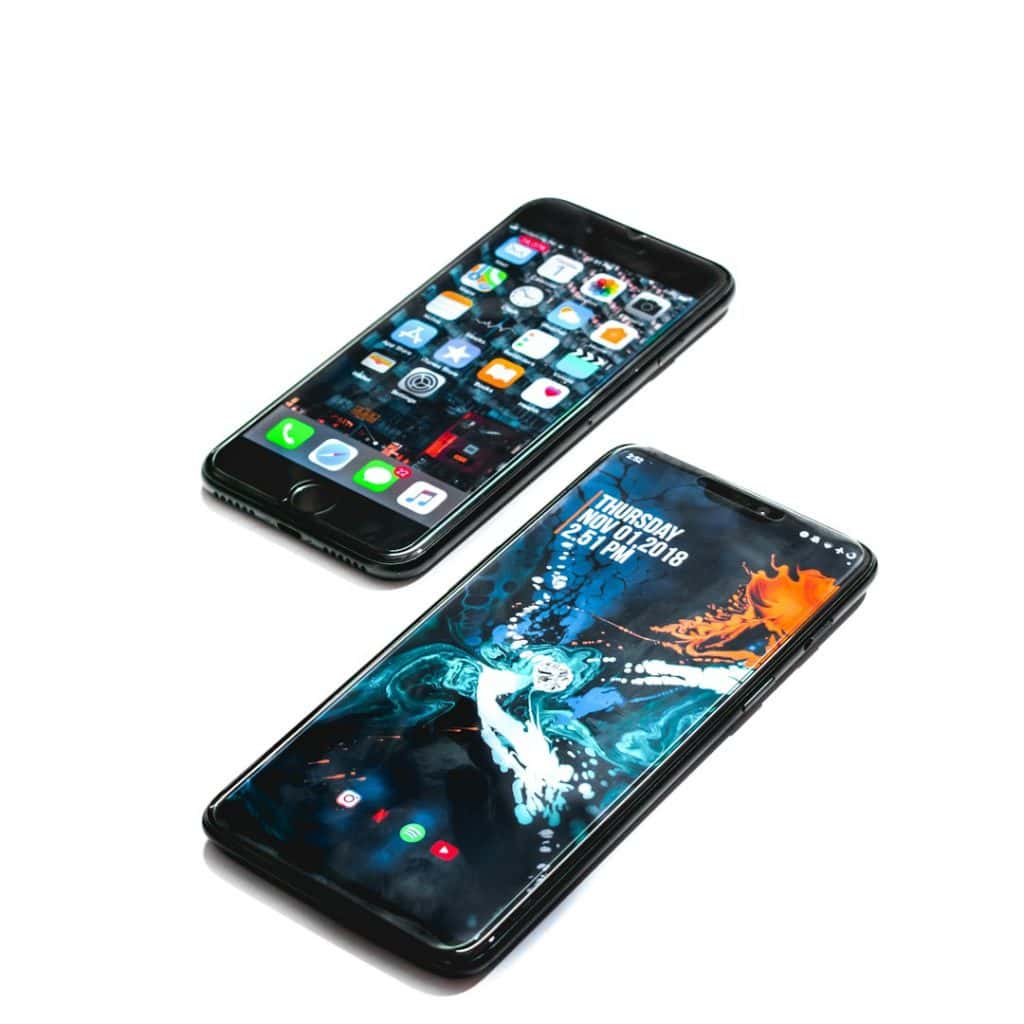With billions of users worldwide, WhatsApp has become more than just a messaging app. It’s evolving into a powerful platform for businesses to connect with potential customers, provide real-time support, and close deals all in one thread. Leveraging WhatsApp for sales can significantly enhance personalization, build trust, and shorten the sales cycle when used strategically.
Why Use WhatsApp for Sales?
WhatsApp allows businesses to meet customers where they are — on their phones. It offers a more informal and direct way to communicate compared to email or traditional ads. The response rate is significantly higher, and customers feel more engaged.
- Instant communication with potential buyers
- High engagement and open rates
- Rich media sharing, including product images, catalogs, and videos
- Personalized messaging that builds relationships
Steps to Start Selling on WhatsApp
1. Create a Professional Business Profile
Begin by downloading WhatsApp Business, designed specifically for small and medium-sized companies. Set up a profile that includes:
- Your business name
- Logo or profile picture
- Contact details
- Business description
- Website or online store link
This helps customers recognize your brand and provides essential information at a glance.
2. Build an Audience with Opt-In Consent
Always get your customer’s consent before messaging them on WhatsApp. Encourage sign-ups through your website, social media channels, or during checkout by asking for their phone number and offering an incentive, such as early access to deals or discounts.
3. Segment Your Contacts
Just like email marketing, segmentation increases relevancy. Label contacts based on interests, location, or past purchases to send them targeted offers.
For example, a clothing store could segment customers into categories like “winter wear buyers” or “men’s accessories.” Custom labels within the WhatsApp Business app can help with this.
4. Share Product Catalogs
WhatsApp Business allows you to create and send catalogs directly within the chat interface, making it incredibly easy to showcase products and answer questions immediately.
This smoothens the browsing and buying process without needing the customer to leave the app.
5. Use Quick Replies and Greeting Messages
Time is money in sales. Set up automated quick replies to common queries like delivery times, product availability, or store hours. Greeting and away messages also help manage expectations and show professionalism.
6. Provide Personalized Recommendations
This is where WhatsApp shines. Unlike websites, WhatsApp allows reps to have human conversations with potential buyers. By asking questions and understanding needs, salespeople can offer tailored recommendations that make the customer feel valued. This often leads to upselling or cross-selling.
7. Accept Orders and Payments
Some countries allow WhatsApp Pay, but for others, you can still close transactions using third-party tools. Simply confirm the order, share the invoice or payment link, and send updates personally.
Sharing payment proof and order confirmations within the chat adds another layer of assurance for the buyer.
8. Follow Up & Build Long-Term Relationships
Don’t let the conversation end at one sale. Follow up post-purchase with tips, complementary product suggestions, and customer service. Personal touches like thanking them or asking for feedback help turn one-time buyers into loyal clients.
Best Practices to Remember
- Respect privacy: Never spam or add users without consent
- Reply promptly: Speed builds trust in digital sales
- Don’t be pushy: Prioritize value over pressure
- Use rich media: High-quality images and videos can make your offers more appealing
- Maintain consistency: Keep your messaging tone aligned with your brand voice
Conclusion
WhatsApp is an effective, low-cost, and personal sales tool when used with strategy and empathy. From product discovery to final transaction and after-sales service, the app allows businesses to manage it all in a single conversation thread. Whether you’re a solo entrepreneur or growing enterprise, WhatsApp can revolutionize the way you do sales.
Frequently Asked Questions
- Q: Can I send promotional messages on WhatsApp?
- A: Yes, but only to users who have explicitly opted in to receive messages. Unsolicited messages may lead to account restrictions.
- Q: Is WhatsApp Business free to use?
- A: Yes, the WhatsApp Business app is free. However, WhatsApp Business API for larger operations may involve fees.
- Q: Can I automate messages on WhatsApp?
- A: Yes. The WhatsApp Business app allows automated greetings, away messages, and quick replies. API users can integrate with chatbots for more complex automation.
- Q: Is it secure to accept payments through WhatsApp?
- A: While WhatsApp uses end-to-end encryption, payments are handled through third-party gateways. Ensure any method you use complies with security standards.
